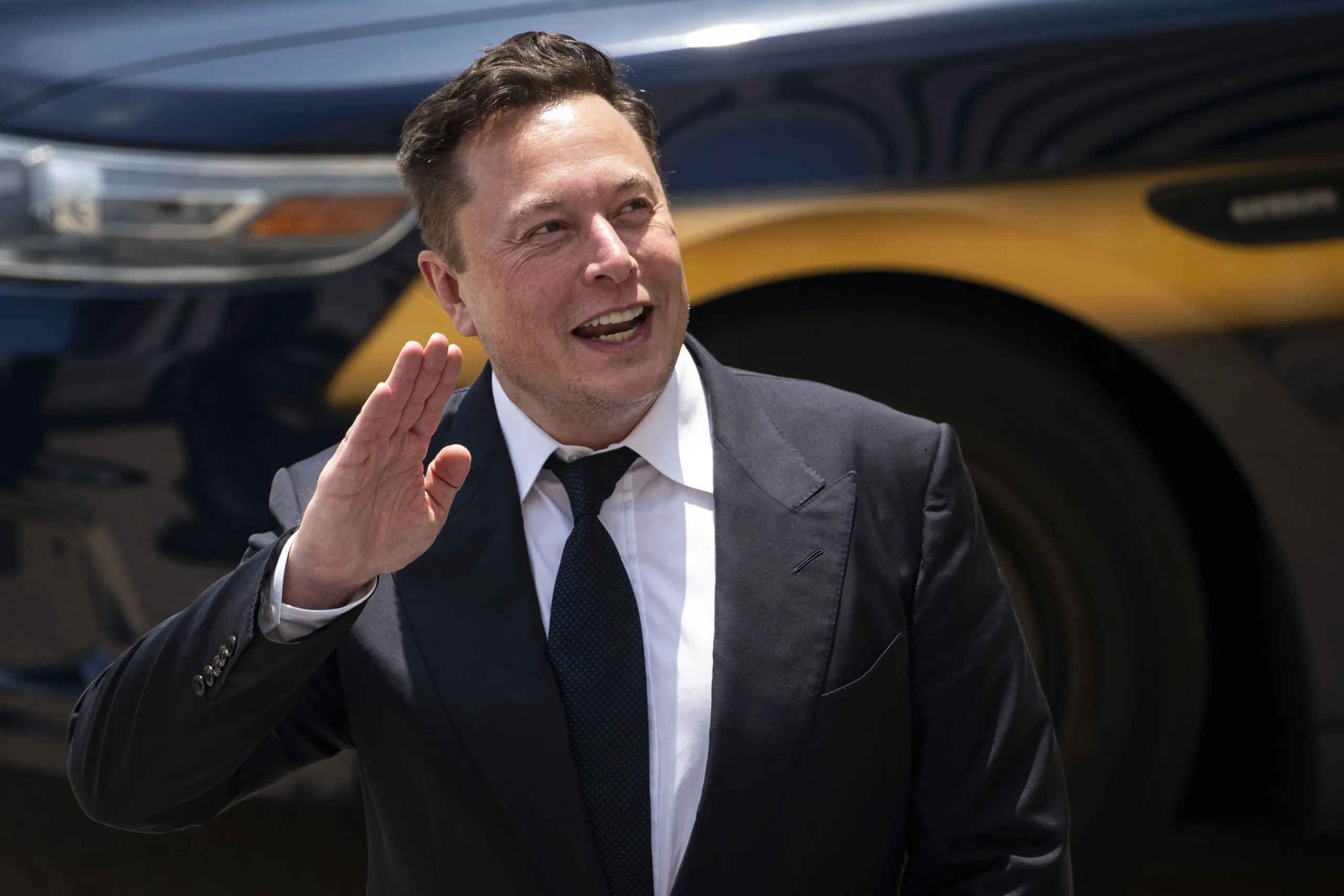Elon Musk’s Historic Pay Deal: The True Cost of Tesla’s Ambition

You’ve seen the headlines. Musk’s compensation plan at Tesla, Inc. is astronomical. Shareholders recently approved a package that if he meets all the performance milestones could be worth around US$1 trillion. The plan grants him roughly 400 million shares, contingent on the company hitting very ambitious targets.
The board laid out growth goals like taking Tesla’s market value from where it is today to around US$8.5 trillion over the next decade. If Musk delivers everything the board hopes for including selling 12 million vehicles a year, deploying one million robotaxis and one million humanoid robots.
Shareholders approved it with more than 75 % voting in favour. The board and many investors believe that Musk is Tesla in many respects. As one observer put it: “Musk is Tesla and Tesla is Musk.” The board made it clear: this package isn’t about rewarding the past but securing the future. They argued that Musk hasn’t received any meaningful compensation since 2018, when his last pay deal became entangled in lawsuits. This new plan, they say, keeps him focused and keeps him home. If Tesla loses Musk (or if his focus shifts), the value of the company could suffer. So some investors were willing to “pay” to keep him. They’re betting he can lead Tesla into massive new arenas: self-driving cars, robotaxis, humanoid robots.
Elon Musk Pay Package
Receives backlash & criticism
Many say: “A trillion dollars? Really?” Two corporate governance watchdogs (Institutional Shareholder Services and Glass Lewis) urged shareholders to reject the Elon Musk pay package plan because of its sheer magnitude, dilution risk for other investors, and reliance on one person. The fact that Musk already owns a large stake in Tesla means some argue he doesn’t need more incentive, he already has skin in the game.
Norway’s sovereign wealth fund, the world’s largest, also voted no, citing both the package’s scale and Musk’s growing political baggage. And that baggage has been getting heavier. Musk’s open support for Donald Trump and his flirtation with conservative politics have drawn criticism from all sides. Once a darling of the tech-progressive crowd, Musk now sits at the heart of a cultural divide. His reported financial backing of Trump-aligned groups and his increasingly polarizing posts on X have alienated parts of Tesla’s customer base, particularly in Europe, where the “Musk effect” has hurt Tesla’s reputation. Norway’s wealth fund even cited these political entanglements as part of its rationale for opposing the payout.
A lot of the future growth targets depend on Musk delivering. If he falters or worse, leaves, the company could be vulnerable. Critics point to “key person risk”: the idea that one individual carries too much of the company’s fate. Some argue the board has ceded too much power by giving Musk such leverage, rather than implementing more checks and diversifying leadership.
Supporters’ point of view
Some are saying “go ahead, and approve it for many reasons. Analysts like Dan Ives (managing director at Wedbush) say that despite the controversies, Tesla investors still believe Musk is the linchpin. Calling the deal a “bold but necessary move” to keep Tesla’s visionary at the helm. “Tesla without Musk is like pizza without cheese,” Ives said, emphasizing that the company’s success from AI to robotaxis depends on his leadership
Some major institutional investors voted in favour of the Elon Musk pay package, indicating confidence in the plan’s structure and a belief that the upside is worth the risk. In a fast-moving tech/auto/AI world, you need big incentives to keep top people. Smaller carrots don’t work when the target is moon-shot. So yes, maybe you pay mega-bucks for a mega-vision.
Musk, for his part, responded in typical fashion: brief, confident, and slightly smug. “I super appreciate it, Thank you, everyone” he said after the vote passed. Just like that, no grand speech, no gloating. But behind those three words lies the weight of one of the most ambitious deals ever made in corporate history.
What it means
If Musk meets the milestones, he could literally become the world’s first trillionaire. That’s not hyperbole, it’s how people are speaking about it. But the targets are extremely ambitious: scaling Tesla’s value, robotics, autonomous ride-services, shipping millions of vehicles. And that’s in an increasingly competitive global market.
There’s also the question of governance: can Tesla ensure that it doesn’t become just Musk’s plaything? Can the board manage risk, succession, oversight? And finally, what about impact on employees, share dilution, brand reputation and public perception? These matter.
When you hear “trillion-dollar compensation package” you might raise an eyebrow (or three). And you should. Because it touches on themes that resonate: fairness, power, risk, celebrity culture, future tech.
If Musk delivers everything the board hopes for robotics, autonomous fleets, massive growth then maybe this does seem like the kind of pay you’d give a visionary. But if he doesn’t, then it looks like an enormous gamble by shareholders.




